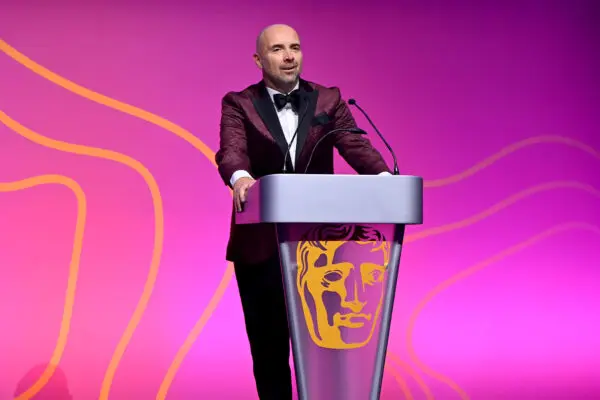Writers, directors, and everyone involved in the process of creating films, games and television know how important it is to make the audience feel something. But for former BAFTA Breakthrough participant Daisy-May Hudson when creating her debut fiction film Lollipop it was also about seeing how “deep” this feeling goes.
Lollipop, follows the life of a young single mum Molly, recently released from prison, trying to navigate the social care system to get her children back. Given the emotional subject matter of the film a core part of its creation involved taking a trauma informed approach to production and involving lived experience advisors. In doing so, Hudson feels she was able to explore how deeply she could help the audience feel “the experience of what that means to actually be separated from your child and what it feels like in your body.”
Alongside some of the film’s cast Hudson took part in a special BAFTA Q&A that offers us some insights into the role that lived experience has in creating an impactful and authentic story…









